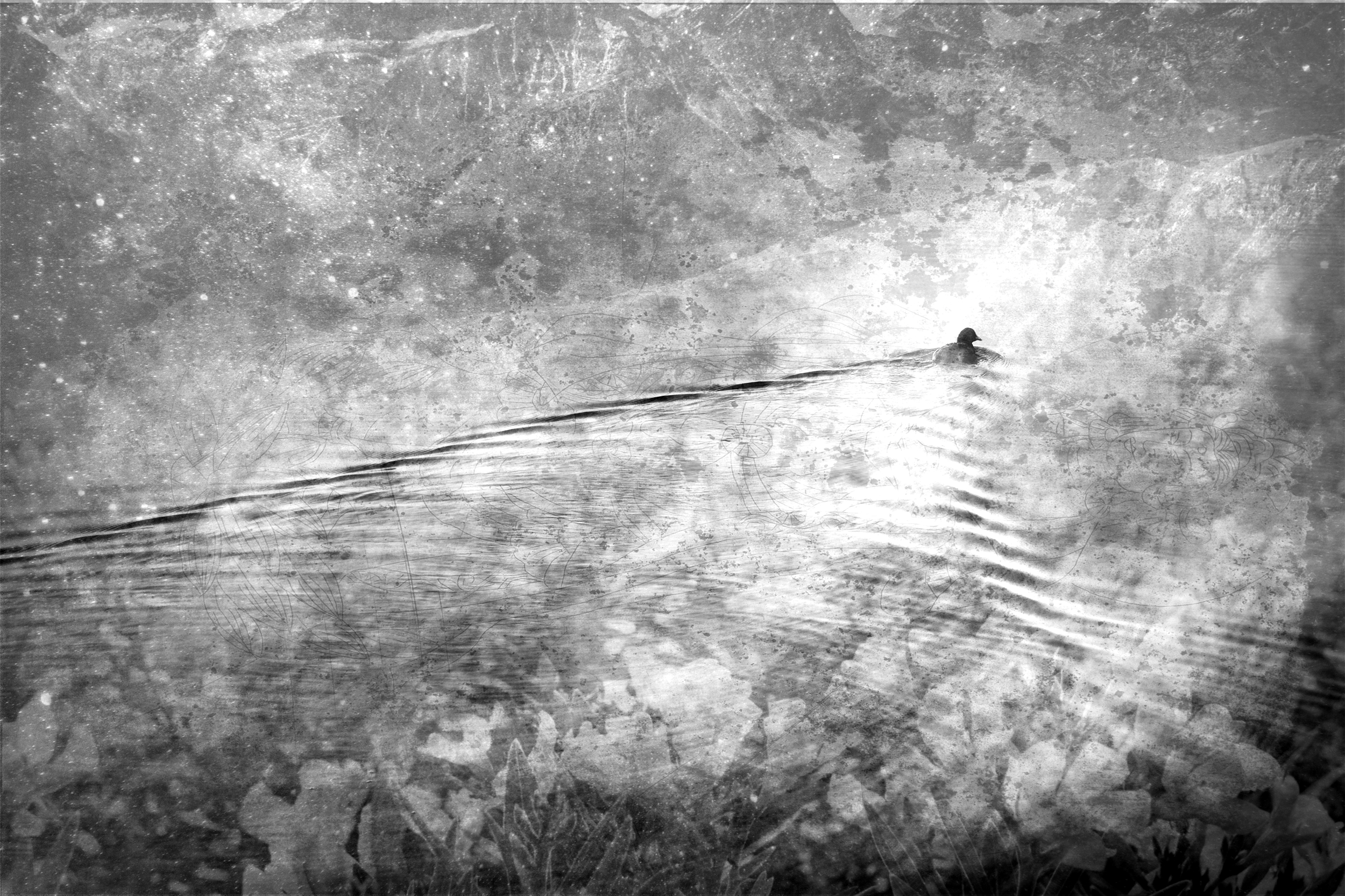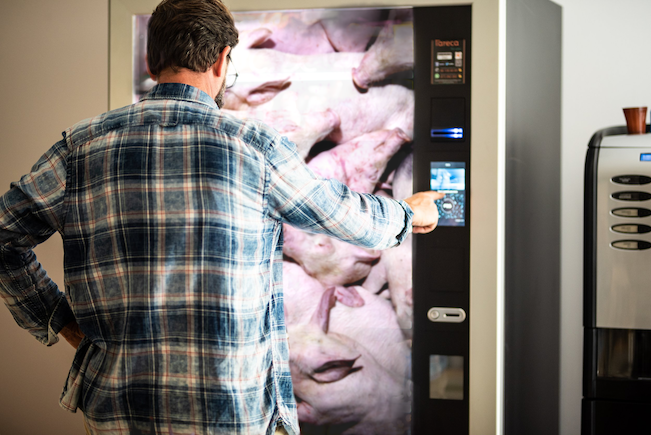You’re Important
“My work is loving the world.
Here the sunflowers, there the hummingbird—equal seekers of sweetness.”
- Mary Oliver, 'My Work Is Loving the World'
When we honestly reflect on our participation in animal agriculture, things are likely to get uncomfortable.
As such, it's easy to cling to a favoured life float: an appeal to futility. We used this float.
"Sure, I don't like thinking of animals dying scared and alone for me to eat, but those products are on the shelves already; the scale of animal agriculture is incomprehensible. So what difference is little old me really going to make? If I'm weighing up the minimal change I might make to an unfair system as an individual against how much I enjoy eating what I do, I'll take the macaroni cheese and fried chicken with a side of blissful ignorance, thank you very much."
But imagine if everyone used this line of thinking for everything—societally and personally. How would we, or anything, ever improve?
Whether you use the float or not, every action still has consequences. You are important, and pretty cool to boot.
The more quantifiable of these consequences come from our choices when shopping or deciding what to eat in a restaurant, because the choices consumers make—not the consumers themselves—dictate the direction and the workings of the market.
Despite what adverts tell you, corporations do not care how you feel as a person navigating the difficulties of life. Nor do they care about creating a better world or destroying it. Corporations care only about money, and when you buy an animal product, you are telling (or retelling) them where the money is. New animals will then be born into hellscapes designed for maximum profit to replace those already slaughtered frugally, and so continue the flow of sweet, sweet blood 'n' revenue.
However, the practical benefits of boycotting aside, and even without the barely conceivable effect living outside the cycle of demand and death has on other fleshy bundles of thought-stuff milling around, be that positive or negative, and even if nothing we did actually made any difference to the apparent world around us (it does)—seriously, what matter?
Making choices that align with our innate empathy for the affliction of the innocent is enough.
It doesn't have to matter what tangibly happens when we choose not to buy into animal exploitation on any level beyond that of our own moment-to-moment living.
When we remove ourselves from machines that survive on the ill treatment of living, feeling beings—when we no longer feed them—there is a lightness.
Most people would never actually want to harm an animal themselves; most would object even if witnessing someone harming an animal in their presence.
This is because killing or inflicting misery does not come naturally or easily to people. Our inclination is to nurture and protect the innocent.
Of course we are not denying there are situations where killing and/or eating an animal is necessary for survival. Of course not! But outside of necessity (e.g., this microwavable science fiction story the majority of us are living in), there's enough plant-based food to ensure our health, survival, and enjoyment while foregoing a choice where the source requires suffering or taking what isn't ours.
So, when our instinctual desire to protect innocence, to love, honour, and respect animals as the beautiful beings they are, no longer conflicts with the choices we make as consumers, that is felt. When our morals and actions align, there is pride and honour.
When we no longer offer our support and our money to systems whose very existence is the antithesis of our capacity for care, it feels more like freedom than a sacrifice.
And as with the impact on the world around us we unconsciously make with every action, compassionate or otherwise, so is true of our internal world: there are ramifications, now and into the future—some felt, others played out in ways beyond our understanding.
That pesky butterfly whose wing flap caused an avalanche remained forever ignorant of what she caused, but she flew gloriously in the timeless present, purely because it was her nature to do so.
- H.R.



